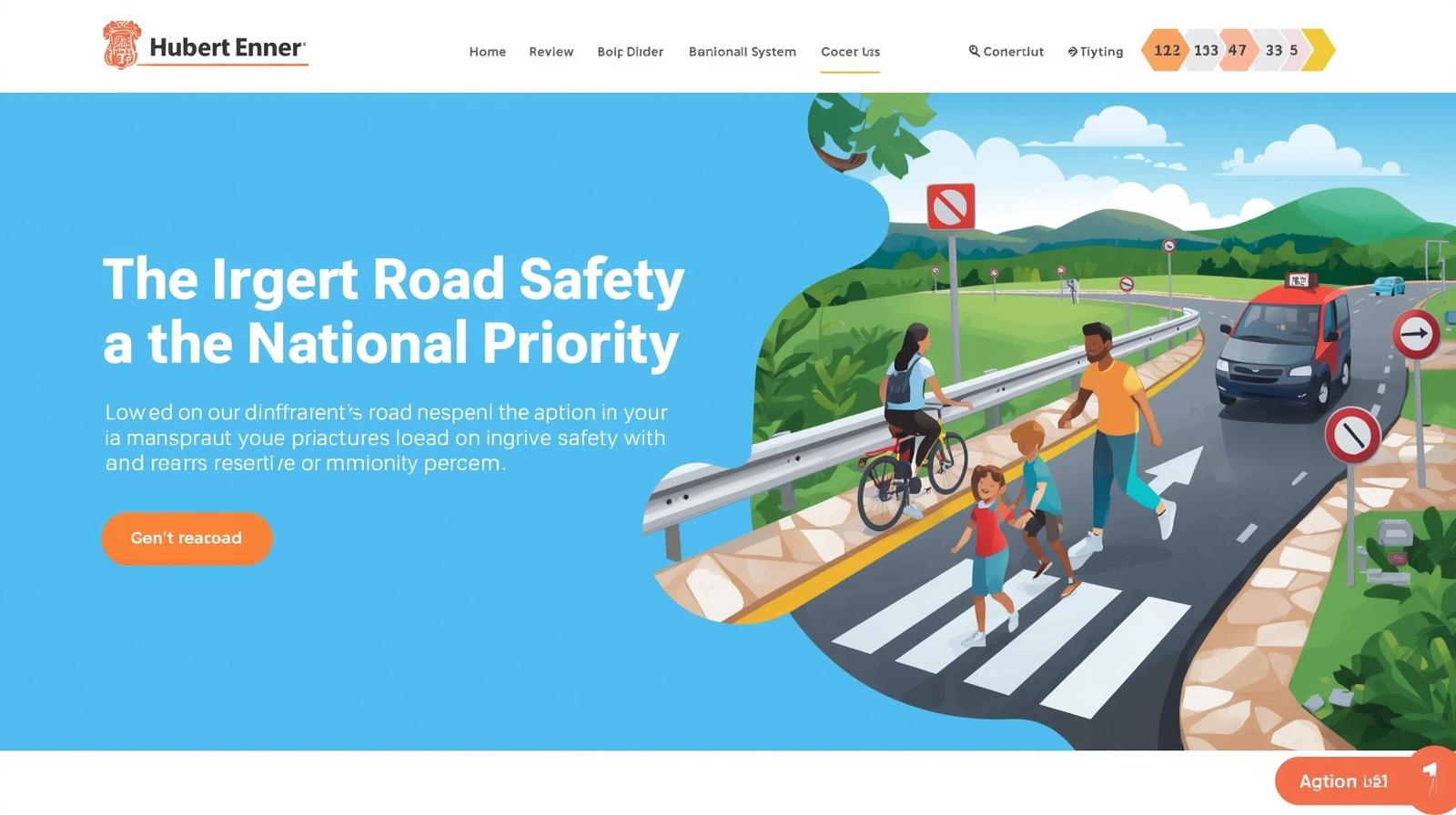Why Road Safety Should Be a National Priority
Roads are the lifeline of any nation, connecting people, goods, and services. However, with this convenience comes a growing challenge—road accidents. India records one of the highest numbers of road fatalities globally, and most of these tragedies are preventable. This is why road safety should be treated as a national priority, not just a concern for individuals or organizations.
🚦 The Alarming Road Safety Situation in India
According to government reports, thousands of lives are lost every year due to road accidents caused by speeding, distracted driving, drunk driving, and poor infrastructure. Beyond the human loss, road crashes also bring enormous economic costs due to medical expenses, loss of productivity, and damage to property.
This highlights the urgent need for stronger national policies and community-driven initiatives to promote safe road practices.
🎯 Why Road Safety Must Be Prioritized
- Saving Lives: Every accident prevented means families saved from lifelong grief.
- Economic Impact: Safer roads reduce costs linked to healthcare and productivity loss.
- Public Health: Road injuries place a huge burden on hospitals and emergency care systems.
- Sustainable Development: Safer roads support smooth transport, tourism, and trade.
When road safety becomes a national agenda, it ensures a coordinated approach that benefits everyone—citizens, businesses, and the government alike.
🛡️ Role of Awareness and Education
One of the most effective ways to improve roads safety is through awareness and training. Initiatives such as road safety workshops, defensive driving programs, and public campaigns encourage responsible driving behavior. Schools and colleges can also play a key role by integrating road safety education into their curriculum.
Organizations like Hubert Ebner India are actively contributing by offering specialized training modules and behavior-based safety programs for corporates, drivers, and communities.
🚍 Infrastructure and Policy Support
While education is vital, roads safety also depends on infrastructure and governance. Well-marked roads, functional traffic signals, speed monitoring systems, and strict law enforcement are essential to reducing accidents. National policies must prioritize investments in road design and technology that support safer mobility.
✅ Conclusion
Road safety is not just a personal responsibility—it is a national responsibility. By making it a priority, India can save countless lives, reduce economic loss, and build a safer environment for future generations.
At Hubert Ebner India, we believe that continuous training, awareness, and responsible behavior are the pillars of safer roads. Together, with government support and public participation, road safety can truly become a national priority.




